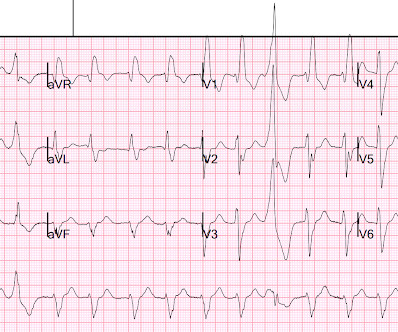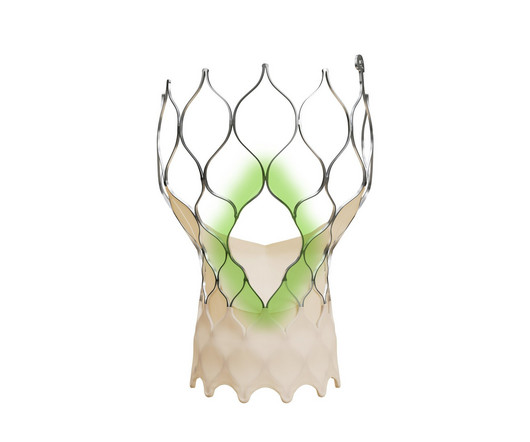Alcohol raises heart disease risk, particularly among women
Science Daily - Heart Disease
MARCH 28, 2024
Young to middle-aged women who reported drinking eight or more alcoholic beverages per week--more than one per day, on average--were significantly more likely to develop coronary heart disease compared with those who drank less, finds a study presented at the American College of Cardiology's Annual Scientific Session. The risk was highest among both men and women who reported heavy episodic drinking, or 'binge' drinking, and the link between alcohol and heart disease appears to be especially str










































Let's personalize your content